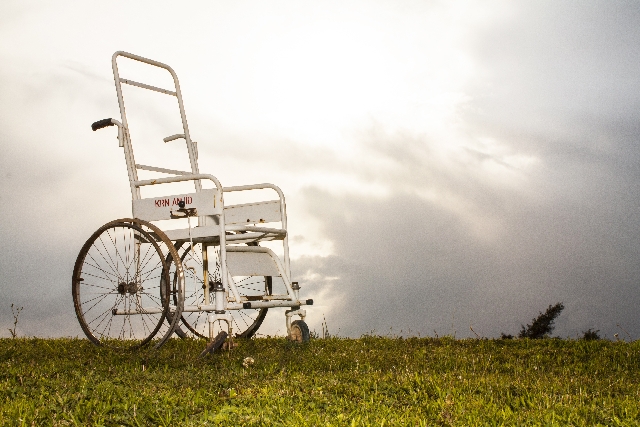How to Ensure Your Child Gets the Best Possible SDA Program
What is a Special Disability Accommodation?
Special accommodation is a specific change in the environment or way of doing something that makes it easier for a person with a disability to participate in an activity. This might mean installing a wheelchair ramp at work, providing large print versions of documents, or making adjustments to how meetings are conducted.
Special accommodations can be made for any type of disability, including physical disabilities, learning disabilities, mental health conditions, and sensory impairments. They are determined on a case-by-case basis, depending on the individual’s needs.
When determining if an accommodation is necessary, it is important to consider how the individual’s disability affects their ability to participate in the activity. For example, a person who uses a wheelchair may need modifications to the building’s entrance ramp in order to be able to access the building. On the other hand, a person with ADHD may need more time to complete a task than someone without a disability.
How Does an SDA Program Work?
An accommodation program for people with special disabilities can be extremely helpful for both the individual and the employer. An employee with a disability may need some sort of modification to their work duties in order to complete them, and an accommodation program will provide that. It can also help employers by identifying potential employees who may require some extra assistance or specific accommodations in order to be successful in a position.
The accommodation process begins with the employer contacting the local SDA provider. The SDA will work with the employer to identify any accommodations that may be needed and put together a plan for providing those accommodations. This may include working with the employee’s doctor or other medical professionals to come up with a plan that meets the employee’s needs.
What is the Difference Between Public and Private Non-Profit SDA Providers?
Public non-profit Specialist Disability Accommodation (SDA) providers are owned and operated by state or territory governments. They offer a range of services to people with disability, their families and carers. Private non-profit SDA providers are owned and operated by community organisations such as churches, charities or social enterprises. They also offer a range of services to people with disability, their families and carers. Both types of providers receive government funding to deliver SDA services.
Both types of SDA providers have the same goal: to provide people with disabilities with a safe and comfortable place to live. However, there are some differences between public and private non-profit SDA providers.
The main difference between public and private non-profit providers is that public providers must offer their services free of charge, while private providers can charge for their services. Public providers have to comply with government regulations on how they can spend their funding and what services they must provide. Private providers are not subject to these restrictions and can charge more than the public providers, as long as they can justify the increase in price. Public non-profit SDA providers are usually bigger than private non-profit SDA providers. This is because they often serve more people with disabilities.
Public and private non-profit Specialist Disability Accommodation (SDA) providers offer different types of services and benefits to people with disability. Public providers are funded by state or federal governments, while private providers are funded through a variety of sources, including government contracts, donations, and fees from service users. Private providers also have more flexibility in what services they offer.
Why You Should Make an Enquiry About an SDA Program for Your Child
There are many benefits to enquiring about an SDA program for your child. Specialist Disability Accommodation (SDA) providers can offer tailored support and accommodation that meets the specific needs of your child. This can include access to specialist equipment, therapies and programs, as well as a supportive community environment.
The child will have the opportunity to socialize with other children who have disabilities. This can be important for the development of the child’s self-esteem and social skills. The child will receive support from trained professionals who understand how to best meet the needs of children with disabilities.
SDA providers work with families to create individualized plans for each child, which can help to improve their development and quality of life. The staff at SDA providers are highly skilled and experienced in supporting children with disabilities, and can provide valuable support to parents and caregivers.
If you are considering an SDA program for your child, it is important to do your research and ask lots of questions. There are many excellent SDA providers across Australia, so there is sure to be one that is perfect for your family.
How to Start the Process of Getting Your Child into an SDA
The process of getting special disability accommodation for your child can seem daunting. However, with careful planning and execution, it can be a relatively smooth process. Here are some tips to help you get started:
1. Talk to your child’s doctor about their diagnosis and what accommodations could help them in school.
2. Contact your school district and request an evaluation for special education services.
3. Work with your school district to develop an Individualized Education Plan (IEP) for your child.
4. Make sure you understand and agree to all the accommodations in your child’s IEP.
5. Help your child stay on track in school and work with them to make sure they are using their accommodations correctly.
Also Read: Is It Possible to Buy a Rural Property with Your SMSF?

